In May of 2022, Columbia University announced the winners of the Pulitzer Prize, journalism’s most prestigious award. Among the winners was Sanna Irshad Mattoo, an Indian photojournalist for Reuters. Mattoo and two colleagues won the award for their images capturing the second wave of COVID-19 in India in the spring of 2021. The wave killed millions, with many deaths still unreported. Mattoo’s work served as a vital check on the Indian government, but her subsequent treatment demonstrates the trend of intimidation and violence against journalists, not just in India but worldwide.
Mattoo was due to leave New Delhi to collect the award on Oct. 17, but Indian immigration officials stopped her from leaving. This was despite having a valid U.S. visa and an invitation from the Pulitzer board to attend the ceremony. Mattoo did not receive a response to her questions about any possible orders against her, and Reuters stated that they “had not been offered an official explanation” either.
Since his election in May 2014, Narendra Modi’s government has cracked down on journalists it deems insufficiently supportive of its Hindu nationalist agenda. In May, Reporters Without Borders ranked India 150th out of 180 countries in their World Press Index; they cited the imprisonment of journalists in the internationally-contested Kashmir region and the state of Uttar Pradesh, governed by Modi’s Bharatiya Janata Party (BJP). Journalists who are Muslim — a religious minority in India — face extensive discrimination in particular. Prominent female journalist Rana Ayuub has been threatened online for years and was barred from leaving the country, like Mattoo, in March. But, perhaps the most egregious action was the hostile takeover of the news organization NDTV, one of the few non-government aligned networks remaining, by Gautam Adani. Adani is among the world’s richest men and has benefited extensively from government contracts handed out by his friend, Modi. His takeover of NDTV symbolizes the government gaining control over the last bastion of freedom on Indian network television news.
Modi’s crackdown on the free press follows a disturbing modern trend. The free press has been endangered for years now, and this will only worsen with the rise of right-wing, anti-liberal governments. Former President Donald Trump spoke of the press as the “enemy of the people”, while Brazilian President Jair Bolsanaro and Hungarian Prime Minister Viktor Orban, among others, have seemingly followed his lead.
How does society weather this storm? History has shown that the loss of a free press paves the way for authoritarianism and war — the rise of Nazi Germany and the ensuing Second World War are a testament to this. As former President George W. Bush once said, “the desire for freedom resides in each human heart.” By informing the wider population of the threat to journalists and a free press and the stakes of the outcome of this battle, the tide of public opinion can be turned against this suppression of journalists’ voices. But, as long as voters see no conflict in voting for candidates who oppose a free press and simultaneously claim to uphold the virtues of freedom and liberty, this pivot remains a distant fantasy. Awareness is key, and this starts with local media; readers should consider supporting local journalists and news sources that keep governments accountable. A strong press means a strong check on power, and this in turn leads to a stronger, freer, society: an outcome better for all of us.
Image courtesy of Unsplash.



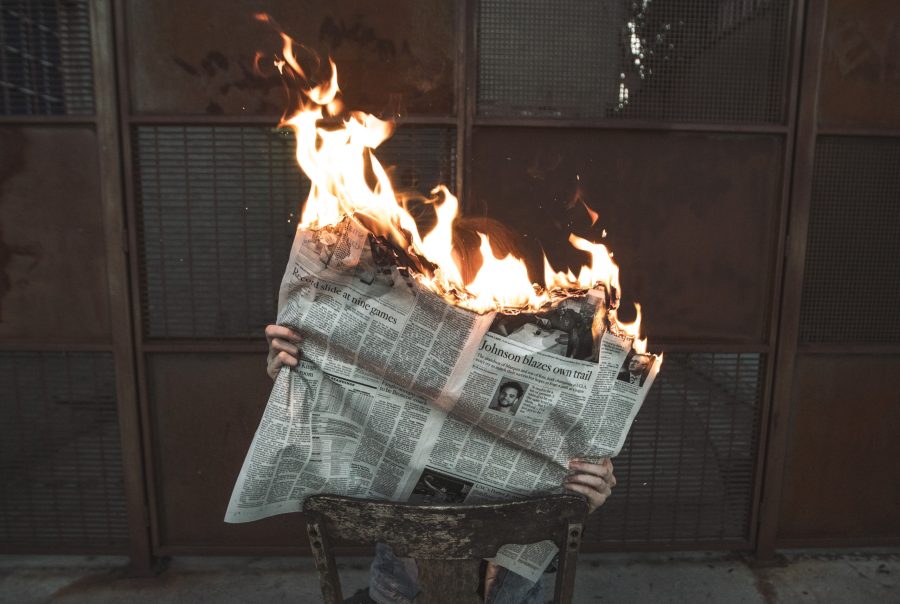








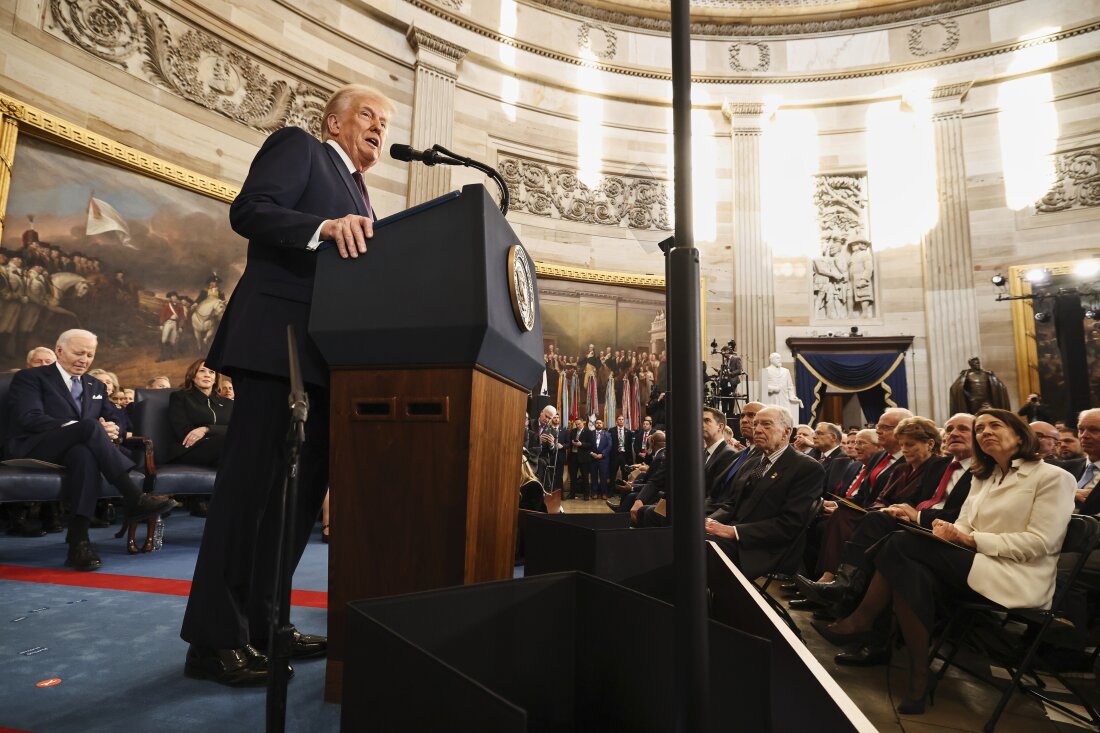
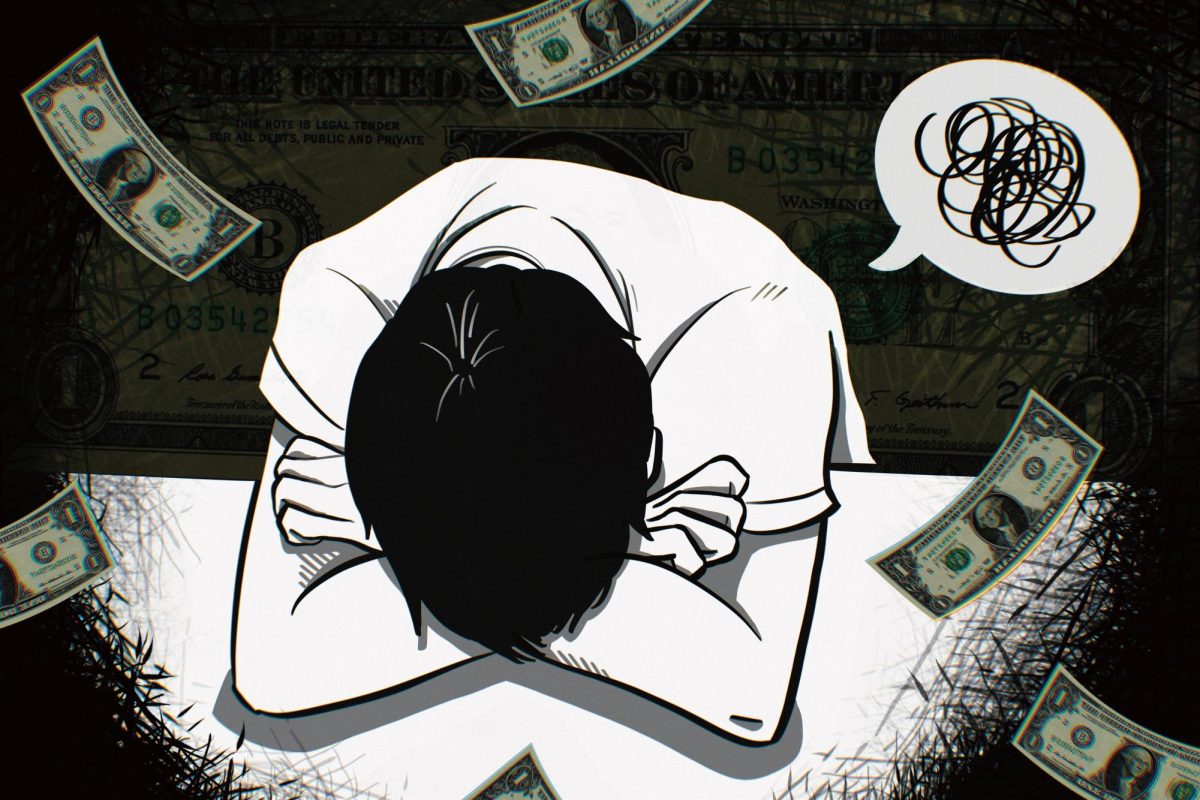
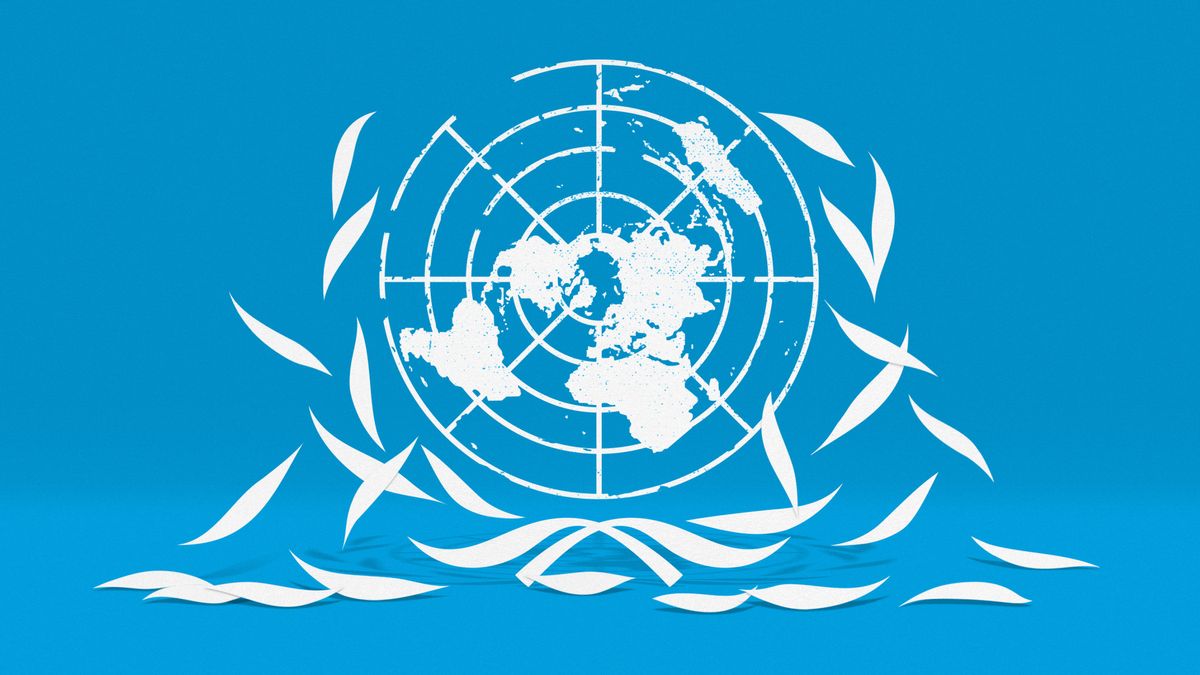
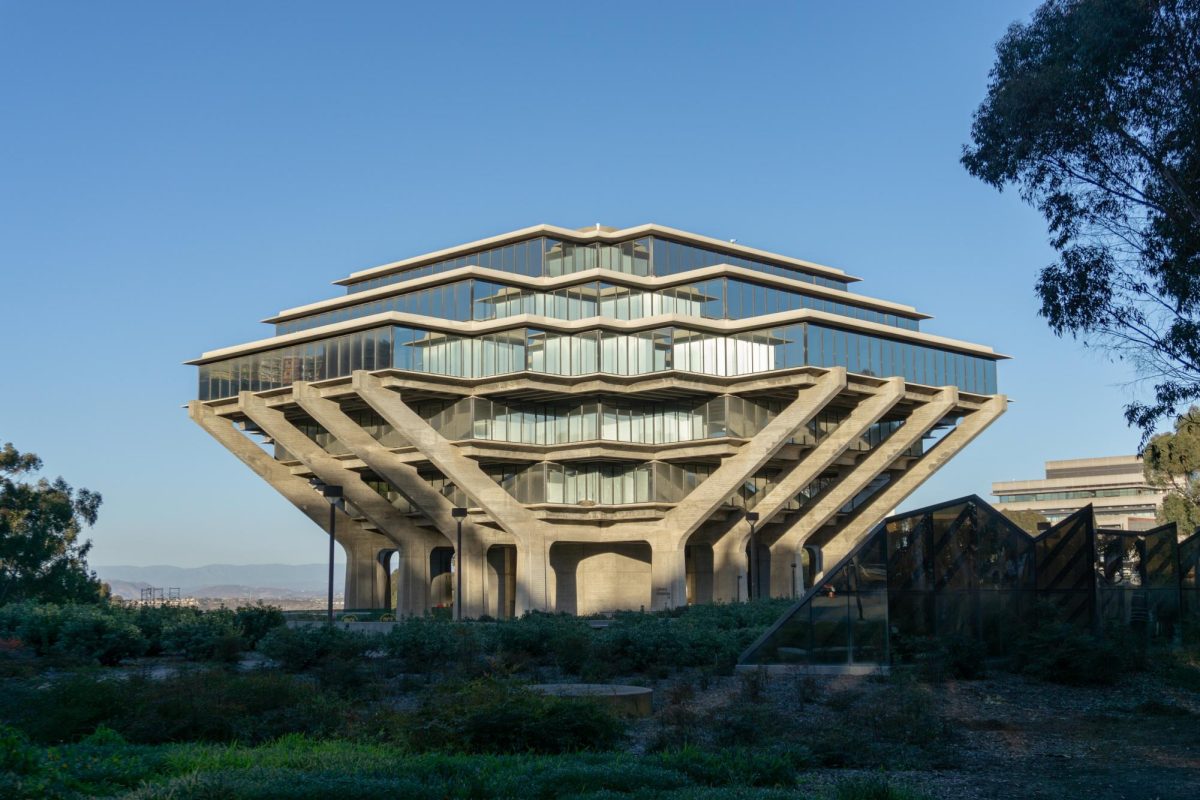
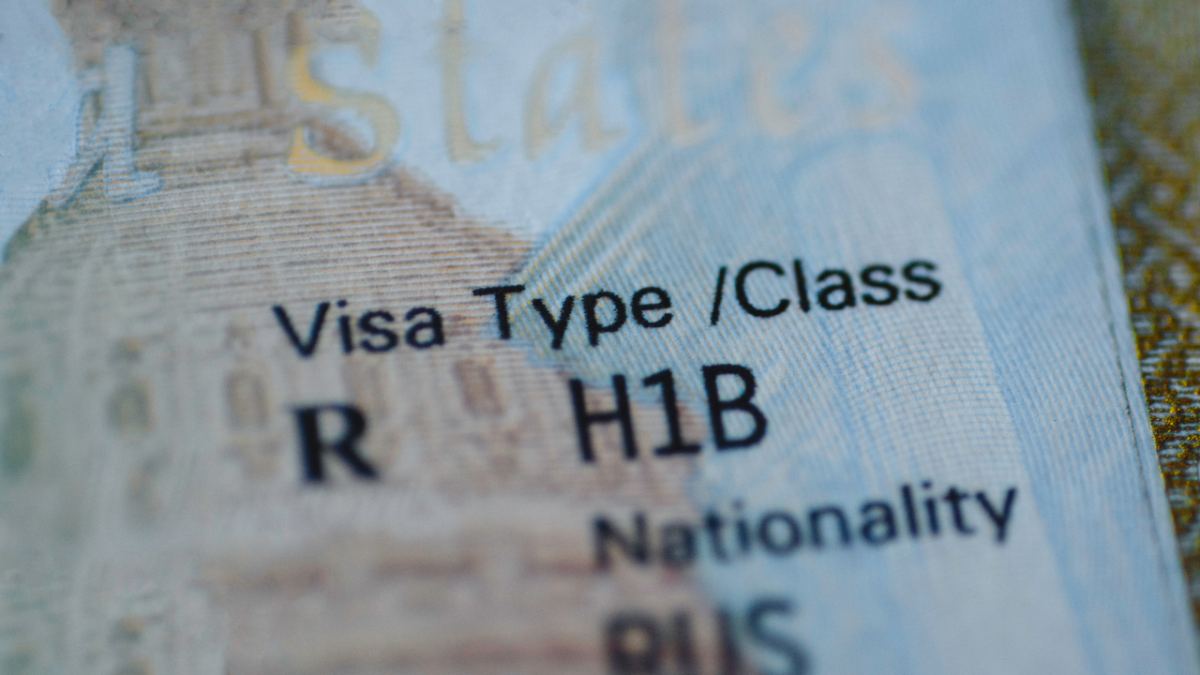






Kiriti M. Bhattacharya • Nov 11, 2022 at 12:07 pm
Brave and incisive article by this young man. Congrats!